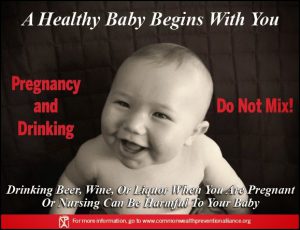This summer Professor Annie Menzel and I researched disparities in infant mortality between Black and White child bearers using the lenses of epigenetics and biopolitics as our primary frameworks of analysis. This project began as an expansion of professor Menzel’s dissertation The Political Life of Black Infant Mortality and grew into a wide-reaching research project to further explore the political and theoretical implications of epigenetic lab work, as well as public health campaigns that specifically address birth rate disparities. Many of the aforementioned public health campaigns target the individual health choices and opportunities of mainly Black, pregnant child bearers to attempt to narrow birth rate disparities. Our project attempts to explain these disparities within the context of changes in the epigenome that occur due to the stress of racism over a Black child bearers’ life course. Moreover, our project aimed to explain a need to move discourse away from blaming these infant mortality disparities on the individualized actions of Black child bearers by showing the overwhelming effects of racism’s stress on the body.
Beginning the summer by contacting labs, reading methods papers, and gaining a comprehensive understanding of the somewhat discrete science of epigenetics, I spent the bulk of the summer connecting this ‘hard science’ research to the ‘social science’ framework professor Menzel and I used to conduct our research. This biopolitical framework primarily credited to the philosopher Michel Foucault, allowed us to contextualize the Black infant mortality in the transgenerational legacies of chattel slavery and begin to create a genealogy of the disparities in infant mortality that we address in our work.
Using epigenetic research to examine the effects of racism can lead toward the danger of readers thinking we are attempting to prove, or even assume, any biological truth to the concept of ‘race’. To the contrary, my ‘take-away’ from our research is that epigenetics allow us to see the impact of racism in the body without dangerously and falsely suggesting any inherent racial difference. Professor Menzel and I are excited to turn this extensive research into a conference paper that we will present to the American Political Science Association during their annual conference in early September. Thank you!

